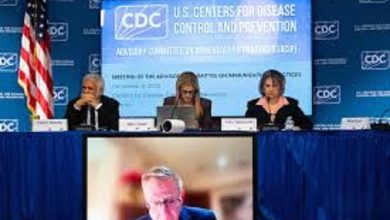Nearly 40% of women in their 40s would delay mammography screening after learning of its downsides

Knowing some of the possible drawbacks, nearly 40% of women in their 40s would put off starting a routine breast cancer screening.
The findings of a recent nationwide survey, which were released in the Annals of Internal Medicine [1], support this. The U.S. Preventive Services Task Force finalized guidelines in April, recommending that women start having mammograms every other year at age 40 (rather than 50).
Nearly 500 women between the ages of 39 and 49 who had no prior history of breast cancer or genetic abnormalities were surveyed by researchers. A decision aid outlining the possible risks associated with mammography was viewed by many, and it seemed that their opinions had changed.
“Some women in their 40s would rather undergo mammography at a later age, particularly after learning about the advantages and disadvantages of screening,” stated main author Laura D. Scherer, PhD, of the University of Colorado School of Medicine, and associates. “Compared to women who want screening at their current age, those who wished to postpone screening had a decreased risk of breast cancer. Many people were surprised to learn about the advantages and disadvantages of mammography.
About 27% of survey respondents said they would rather wait to start screening than start at their current age before seeing the decision aid. After seeing the assistance, which included information about the risk of overdiagnosis as a percentage of all malignancies found by screening (12% to 22%), that figure dropped to 38.5%. The percentage of women who said they would never get a mammogram did not rise, standing at 4.3% after seeing the decision aid and 5.4% prior to it. A little over 37.4% of participants thought the information on overdiagnosis was “surprising,” 27.2% thought the same about the possibility of false-positive results, and 22.9% thought the same about the advantages of screening.
“These data suggest that many people who want to delay screening are considering the evidence and deciding that, for them, the harms outweigh the benefits at their current age,” the researchers wrote.
Visit the following link to read the official journal of the American College of Physicians for more information, including possible study limitations.




